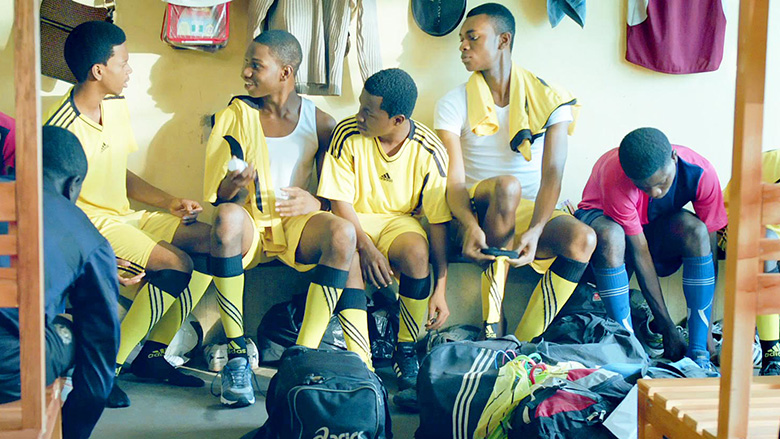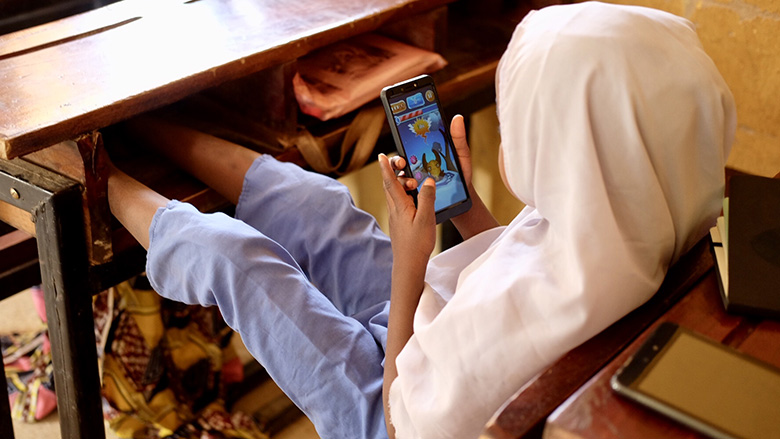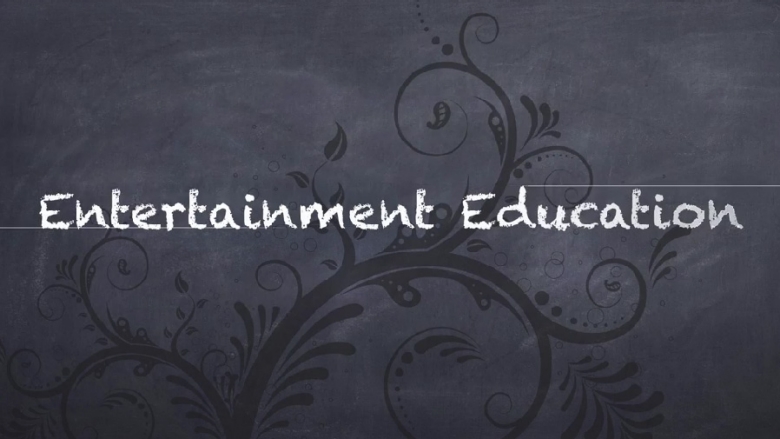Changing Perceptions and the World
Edutainment (short for “entertainment-education”) is the use of entertainment media with educational and development objectives. Edutainment can take the form of movies, television shows, documentaries, social media campaigns, music, and games.
Today’s development, security, and environmental crises are affecting billions of people, with emerging markets and developing economies (EMDEs) experiencing dramatic retreats in their Sustainable Development Goals (SDGs). Entertainment media reaches and influences global audiences and their communities. Worldwide, there are 5.4 billion television viewers, over 5 billion smartphone users, and 1.6 billion Facebook daily active users. Stories that go viral can trigger and sustain crises, as recently shown by the COVID-19 misinformation infodemic. Systematic reviews of traditional social and behavior change communications (SBCC), such as public-service announcements, billboards, and leaflets, consistently show little or no effect on behavior change, from promoting safer sexual behaviors to handwashing.
With the internet and mobile revolutions rapidly increasing media access across the globe, there is an unprecedented opportunity to positively impact the lives of billions of people. Edutainment can be a game changer in development effectiveness. Unlike traditional media campaigns that convey abstract concepts and can become repetitive quickly, edutainment can consistently capture the eyeballs and attention of millions each week. World Bank research shows that emotional connection with characters and program immersion are effective mechanisms for triggering attitudinal and behavioral change. Relatable characters and celebrities have the power to be role models, inspire audiences to engage in new thinking about “what is possible,” and change perceptions of what is “normal” and socially acceptable behavior. While social influencers can effectively promote short-term behaviors, gamified apps can complement SBCC for long-term impacts.
Global Partnerships for Research and Policy Impact
Founded in 2016, the World Bank DIME Narrating Behavior Change program (DIME-NBC) is a collaboration between researchers and practitioners from governments, the World Bank, development agencies, and media firms. The program has two goals: (i) to strengthen the evidence base of edutainment across multiple development sectors (it has active projects in the areas of health, education, gender equality, environment, social cohesion, COVID-19, and financial and digital literacies); and (ii) through capacity building and dissemination forums, to inform and facilitate the effective scale up of edutainment in development investments.
The potential of high-quality edutainment cannot be overstated. For example, DIME experimental research shows that exposure to the television drama MTV Shuga (broadcast in all Sub-Saharan African countries and that included in its early seasons Golden Globe and Oscar-winning actress Lupita Nyong’o) doubled HIV testing and halved sexually transmitted infections and gender-based violence among urban viewers. Or a five-day parental intervention that combined edutainment screenings with the provision of preloaded smartphones was among the most cost-effective ways to increase children’s school attendance and learning outcomes among rural households.



